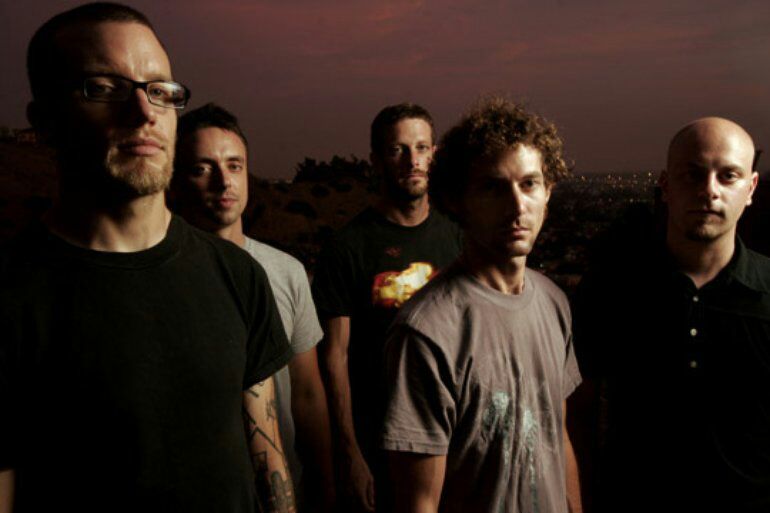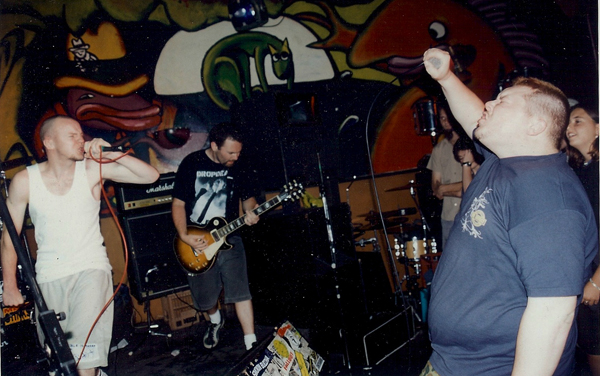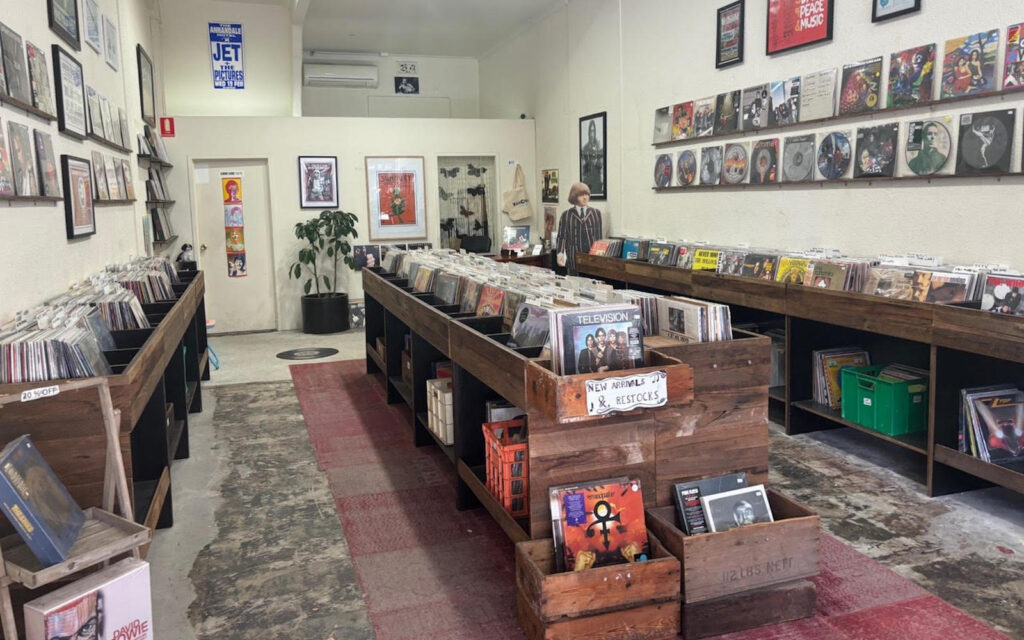When American post-metal pioneers ISIS disbanded in 2010, in an odd way it just felt right. Over the course of fourteen years, the band established a landscape previously hinted at by the likes of Neurosis, Tool, Melvins and Godflesh, creating an influential legacy so massive across so many genres of music that I am certain many bands, let alone listeners, wouldn’t even be aware of the subversive echoes existing within their own realms. The band did what it did – after their five studio albums they recognized the exhaustion of their own collective creativity. With everything they set out to say having been said, amongst no bad blood, ISIS was put to rest in order to avoid being pushed past the point of a dignified death. No matter the lucrative tours or money thrown their way, the band remained steadfast in closure, with many of their members – most notably singer/guitarist Aaron Turner now primarily of Sumac – since maintaining a steady career in various other creative outlets, none as numerically successful as ISIS.
Bring it forward to 2018, and to a terrible and unexpected tragedy. In March, Caleb Scofield, bassist/vocalist of a similarly pioneering band by the name of Cave In, as well as a member of ISIS side project Old Man Gloom alongside Turner, was killed in a car crash, leaving behind his wife, two children, and a musical legacy that is as fierce as it is incredibly understated. Soon after, it was announced ISIS would reform (under the name of their debut record Celestial presumably so as to avoid any unwanted controversy) to perform a benefit show for Scofield’s family with Old Man Gloom, Pelican, and Cave In themselves. Having spent years convinced ISIS would never return, I knew this was a once in a lifetime event, and planned myself a trip to the USA.
It is difficult for me to put into words the emotion surrounding the sold out 1850 cap show at The Wiltern, Los Angeles, which is sort of why I filled up the word count with the prior explanation. There was something unfathomable in the air – like a smell of sadness not being fought against, yet completely triumphed over by the celebration of a life that was. What I witnessed onstage over the course of the night felt like watching an entire extended family go through an exorcism of sorts – and as a fan of their works, I had been invited to give them my energy so they could push out every last piece of feeling that was required. It has been years since a live performance moved me to tears – yet within minutes the booming and meticulous sounds of ISIS had shattered my defences and I cried. It feels comforting to know that even in death, music lives on, and that there’s no shame in sadness. There is integrity in the untouched legacy of ISIS, and this once-off reformation served only to strengthen it.







